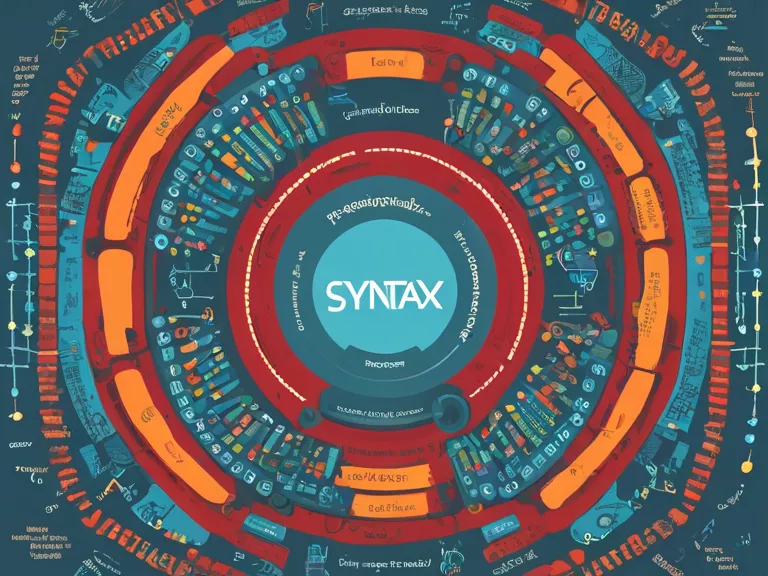
Introduction
Programming languages serve as the building blocks of software development, enabling programmers to communicate instructions to computers effectively. One of the fundamental aspects of any programming language is its syntax, which dictates the rules and structure for writing code. Mastering syntax is crucial for becoming proficient in programming and developing robust, efficient, and error-free applications.
Understanding Syntax
Syntax in programming languages refers to the set of rules that define the combinations of symbols, keywords, and expressions that are considered valid within the language. Just as a spoken language has grammar rules for forming sentences, programming languages have syntax rules for writing code. Syntax errors occur when code is written in a way that violates these rules, leading to compilation or runtime errors.
Importance of Syntax
Mastering syntax is essential for several reasons:
Clarity and Readability: Well-structured code with proper syntax is easier to read and understand, both for the programmer writing the code and other developers who may need to work on it in the future.
Error Prevention: Following correct syntax helps identify errors early in the development process, reducing the likelihood of bugs and making it easier to debug code.
Efficiency: Writing code with proper syntax can improve the performance of the application and make it more maintainable, saving time and effort in the long run.
Common Syntax Elements
Different programming languages have unique syntax rules, but there are some common elements that are found across many languages:
Variables: Used to store data values, variables have a specific syntax for declaration, assignment, and referencing.
Control Structures: Including loops, conditionals, and branching statements, control structures have specific syntax for defining the flow of a program.
Functions and Methods: Functions and methods have syntax rules for defining parameters, return types, and the body of the function.
Comments: Syntax for adding comments in code varies between languages but typically involves using specific symbols or keywords to denote comments.
Tips for Mastering Syntax
To become proficient in programming languages and master syntax, consider the following tips:
Practice Regularly: The more you practice writing code, the more familiar you will become with syntax rules and conventions.
Study Documentation: Refer to the official documentation of the programming language you are learning to understand its syntax rules in depth.
Code Reviews: Participate in code reviews to get feedback on your code structure and syntax from more experienced developers.
Use Linters: Utilize linters or code analysis tools to automatically identify syntax errors and style issues in your code.
Conclusion
Mastering the syntax of programming languages is a foundational skill for any programmer. By understanding the rules and conventions that govern how code is written, you can write clean, efficient, and error-free programs. Regular practice, studying documentation, seeking feedback, and using tools to assist in code analysis are key strategies for improving your syntax skills and becoming a proficient programmer.

